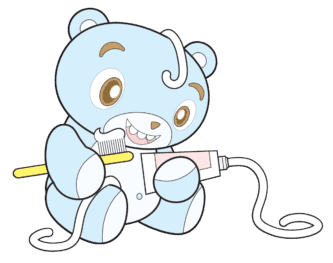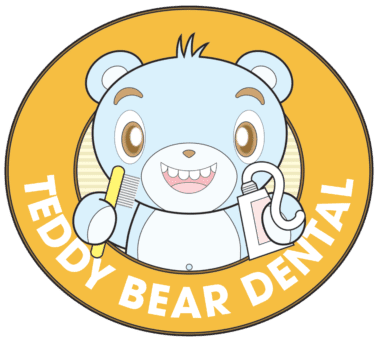function googleTranslateElementInit() {
new google.translate.TranslateElement({pageLanguage: ‘en’, layout: google.translate.TranslateElement.InlineLayout.SIMPLE}, ‘google_translate_element’);
}
The majority of patients undergoing orthodontic care are children and teens. When kids are young, their jaws are constantly growing to accommodate new teeth. It is during this time that the teeth are easily moved, allowing for a shorter treatment time – especially in patients who undergo early treatment. Braces, retainers, and spacers are just some of the orthodontic appliances commonly used in children’s orthodontics. Although not all kids need orthodontic treatment, all kids need exams at an early age. Some signs that a child may eventually require orthodontic treatment include:
- Jaw is disproportionate to the face
- Has a habit of frequent thumb-sucking
- Chronically breathes from the mouth rather than the nose
- Primary teeth fall out too soon or too late
- Exhibits malocclusion (overbite/underbite)
- Visible crowding
Did you know?
that children should have their first orthodontic screening no later than age 7? This orthodontic evaluation is used to identify jaw irregularities and developmental complications that could indicate the need for orthodontic treatment in the future. Early screenings make it possible to get early treatment, with some children beginning progressive orthodontic treatments as early as age 7.
Frequently Asked Questions
Do I need to bring my child to an orthodontist?
If your child is at least 7 years old or is exhibiting any of the symptoms listed above, you should schedule an appointment as soon as possible. Your child’s orthodontist can take steps to correct a bad bite, fill in gaps, and straighten the teeth all before your child reaches the teen years.
What should I expect at my child’s first orthodontist appointment?
Your child’s first orthodontic screening will include a visual examination as well as maxillofacial x-rays. Your child’s orthodontist may also ask you questions about your child’s habits, such as thumb and finger-sucking. Based on the results of this analysis, the orthodontist will discuss options and timeframes for treatment if applicable.
Will I need to follow any special instructions if my child is fitted for a dental appliance?
Yes. If your child is fitted for a fixed orthodontic appliance, such as braces, you will need to follow careful instructions to ensure the device is not damaged or broken. This includes monitoring your child’s diet to ensure it does not include hard foods, candies, popcorn kernels, or anything else that could cause damage. You’ll also need to ensure your child properly brushings and flosses around the appliance to protect the teeth from decay during treatment.


